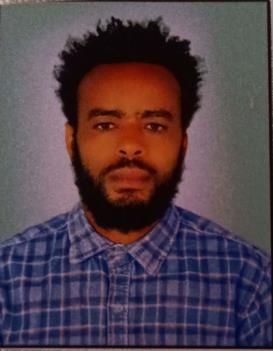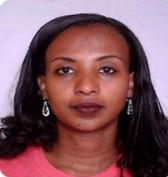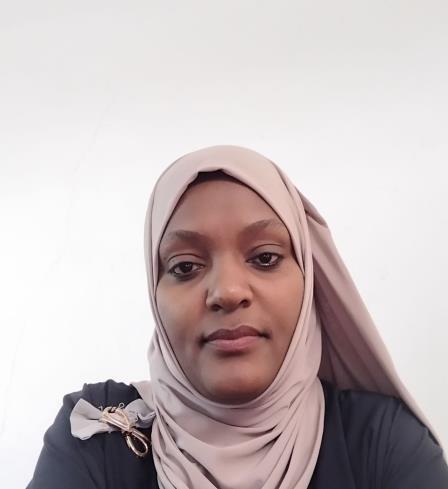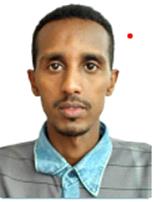The Department of Pediatrics and Neonatal Nursing at Wallaga University, Institute of Health Sciences, School of Nursing and Midwifery, has been a pioneer in advancing child and neonatal health education since its establishment in 2010E.C. The department was founded in alignment with the vision and mission of Wallaga University, with the core aim of addressing the critical shortage of pediatric and neonatal health professionals across Ethiopia. Its mandate is to prepare highly skilled nurses capable of delivering preventive, curative, and rehabilitative services that improve the health and survival of children and newborns nationwide.
Academic Programs
The department offers a comprehensive suite of programs that cater to different levels of professional development:
- Post-Basic in Pediatrics and Child Health Nursing
- Post-Basic in Neonatal Health Nursing
- Bachelor of Science (BSc) in Pediatrics and Child Health Nursing
- Master of Science (MSc) in Pediatrics and Child Health Nursing
Program Duration
- Post-Basic Programs: Two and a half years
- Undergraduate Generic BSc Program: Four years
- Postgraduate MSc Program: Two years
Achievements
Since its inception, the department has successfully graduated five cohorts of post-basic students and two cohorts of postgraduate (MSc) students. The generic undergraduate program is currently in its second year of training, with growing enrollment and demand.
Through these programs, the department continues to fulfill its mission of producing competent, compassionate, and innovative pediatric and neonatal nurses who are equipped to address Ethiopia’s pressing child and newborn health challenges.
DEPARTMENT OF PEDIATRICS AND NEONATAL NURSING
ፔዲያትሪክስ እና ኒኦናታል ነርሲንግ ት/ ክፍል
Overview
- The Department of Pediatrics and Neonatal Nursing was established in 2010 C. as a unit under the Institute of Health Sciences, School of Nursing and Midwifery at Wallaga University. Since its inception, the department has been dedicated to addressing the critical shortage of professionals in pediatric and neonatal health services by producing competent nurses who can provide preventive, curative, and rehabilitative care to children and newborns.
- Initially, the department launched two-and-a-half-year post-basic training programs in Pediatrics and Neonatal Nursing. This initiative was designed to respond to the urgent demand for specialized child health and neonatal nursing professionals across the country. Including the post-basic training programs, the department started training BSc in Pediatrics and child health undergraduates, thereby addressing gaps in the middle level of child and newborn health professionals.
- The department has maintained its commitment to Wallaga University’s vision and mission by producing highly skilled and compassionate nurses capable of serving diverse communities in Ethiopia. Training of these specialty nurses has proven to be both feasible and effective in reducing preventable neonatal and childhood illnesses and mortality.
Leadership History
- Werku Etafa (2010-2011 E.C), the first department head.
- Bizuneh Wakuma (2012-2015 E.C) led until leaving for postgraduate study.
- Bruck Tesfaye (2015-Present) is currently leading the department.

 Name: Desalegn Emana Jabana
Name: Desalegn Emana Jabana Name: Lammi Bayisa Ababa
Name: Lammi Bayisa Ababa Name: Chaltu Hinkosa Feyisa
Name: Chaltu Hinkosa Feyisa Name: Nasira Jemal Jibril
Name: Nasira Jemal Jibril Name: Misganu Diriba Olana
Name: Misganu Diriba Olana Name: Adugna Oluma Ayana
Name: Adugna Oluma Ayana  Name: Teshale Mulatu Dibisa
Name: Teshale Mulatu Dibisa